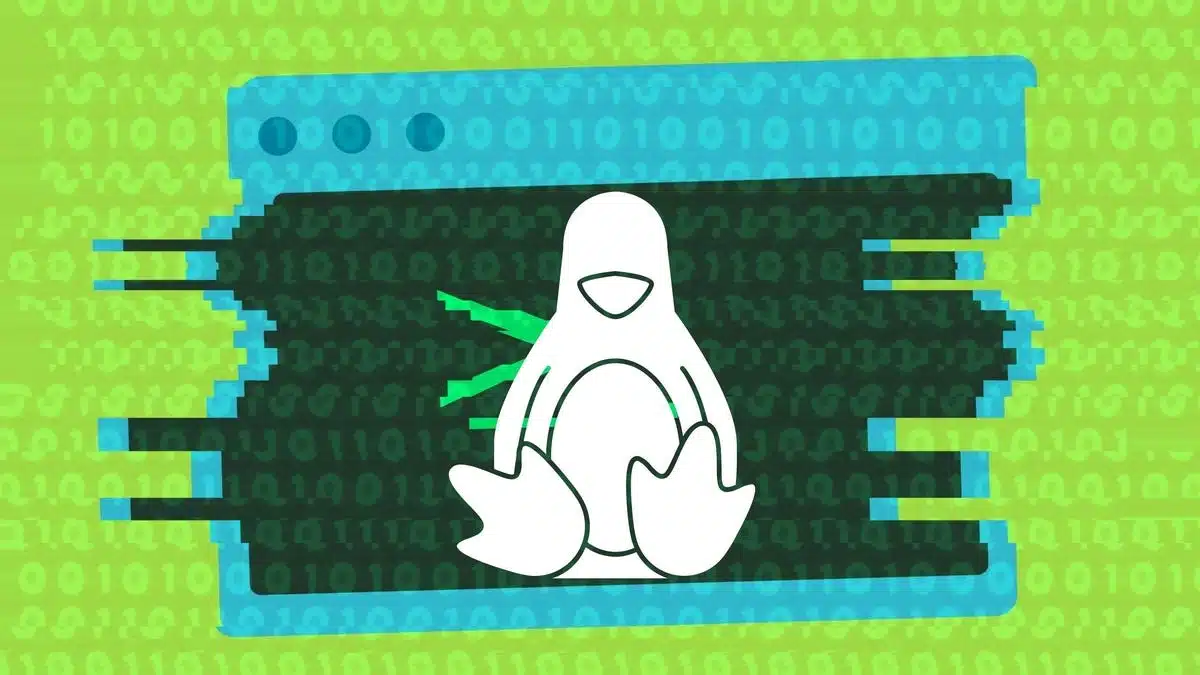If you experience any difficulty in accessing content on our website, please contact us at 1-866-333-8917 or email us at support@chicagovps.net and we will make every effort to assist you.

AI is making its way into the Linux kernel, prompting conversations about the impact on development practices. While AI tools can aid Linux maintainers, they also introduce significant challenges that require swift attention.
Recent discussions revealed that notable figures in the tech industry acknowledge a shift towards AI-generated code. For instance, Microsoft CEO Satya Nadella has noted that a significant percentage of the company’s code is now produced by AI, a stark contrast to the cautious stance observed among open-source developers. Daniel Stenberg, chief maintainer of the cURL data transfer program, expressed concerns that AI-generated bug reports could pose threats to projects.
At the 2025 Open Source Summit, Linux engineer Sasha Levin stated that while large language models (LLMs) are not set to replace programmers, they represent an evolution in coding tools. He explained that LLMs function similarly to a sophisticated compiler, capable of improving coding efficiency, even if they aren’t perfect.
Levin shared an example where he utilized AI to create a patch for a common issue in the Linux kernel. His approach shows that AI can be practical for narrowly defined tasks. Moreover, he highlighted that LLMs could assist non-native English speakers in crafting effective commit messages, a common hurdle within the kernel community.
Looking to the future, Levin suggested training LLMs to become effective helpers in Linux maintenance tasks, learning from the existing kernel codebase. This potential significantly reduces the burden on maintainers who handle backporting patches—a process that can be both labor-intensive and time-consuming.
The AI tool ‘AUTOSEL’ has emerged as a key player, analyzing kernel commits and determining appropriate backports through patterns it recognizes in historical data. This AI-driven approach is proving beneficial in identifying necessary code changes to address security vulnerabilities, thereby lightening the workload of kernel maintainers.
Despite the promising applications, there is shared caution regarding AI integration. Linux Foundation fellow Shuah Khan indicated that relying on AI tools could help streamline processes but urged developers to recognize which parts of the code were AI-generated to allow for proper scrutiny.
The sentiment suggests a consensus for establishing an official AI policy within the kernel community. Jiří Kosina from SUSE argued for a system to mark AI-generated patches and determine authorship, highlighting debates over intellectual property associated with AI-produced code.
Currently, the Linux kernel community recognizes both the potential benefits and the risks associated with AI. While AI’s integration is undoubtedly on the horizon, the conversation around best practices, responsibilities, and code integrity is just beginning. The need for structured guidelines is essential to ensure AI’s role enhances productivity without compromising the quality and security inherent to Linux development.
ChicagoVPS is your gateway to unparalleled hosting solutions. Our state-of-the-art datacenters and powerful network ensures lightning-fast speeds and uninterrupted connectivity for your websites and applications. Whether you’re a startup looking for scalable resources or an enterprise in need of enterprise-grade hosting, our range of plans and customizable solutions guarantee a perfect fit. Trust in ChicagoVPS to deliver excellence, combining unmatched reliability and top-tier support.
For Inquiries or to receive a personalized quote, please reach out to us through our contact form here or email us at sales@chicagovps.net.
